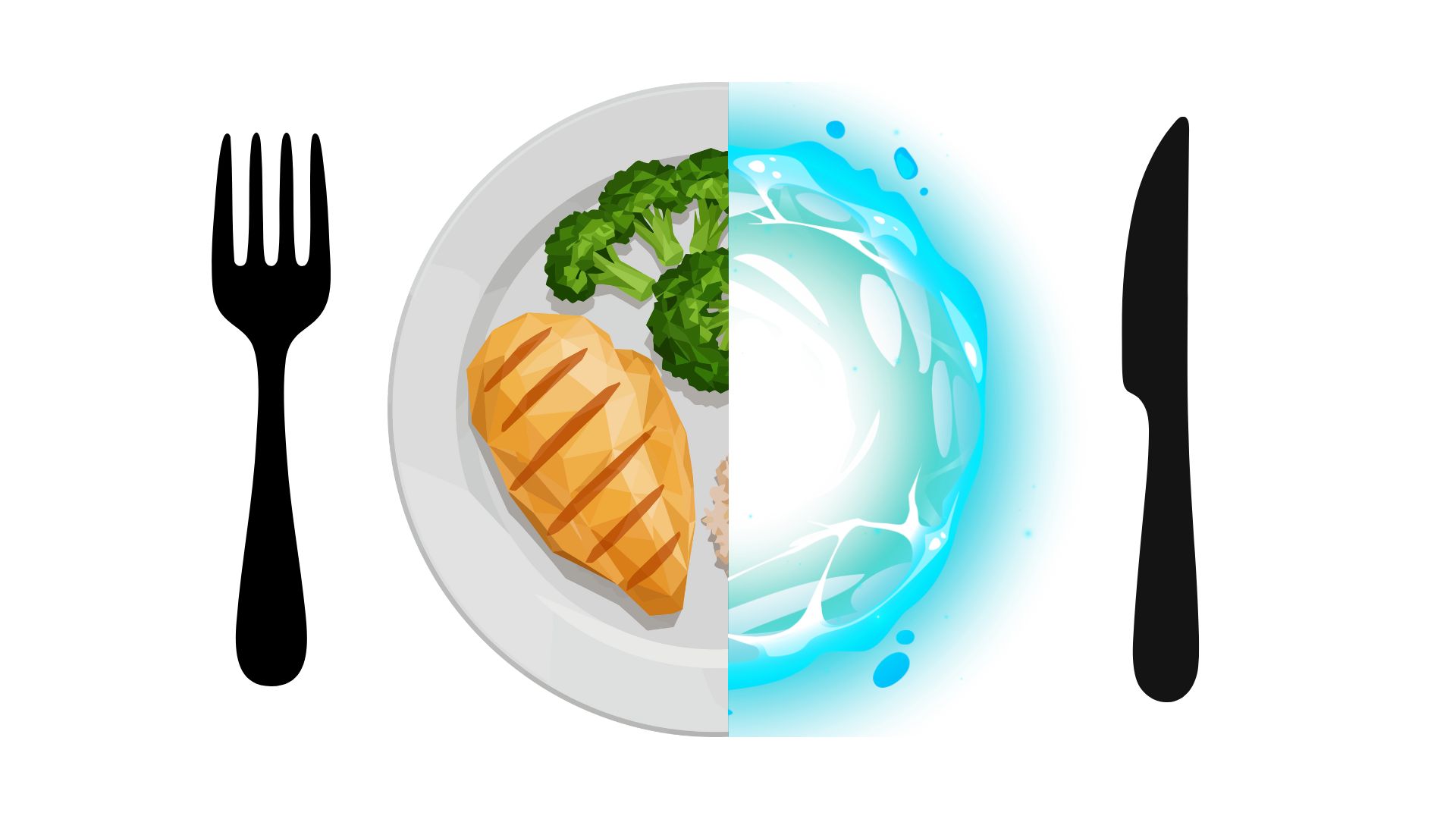Commentary
The World Is Thine Oyster
.jpg)
This is one in a continuing series of educational columns about fostering environmental stewardship and leadership coordinated by ACES — The Alliance of Climate and Environmental Stewards.
The Mass Oyster Project (MOP) is an exciting initiative dedicated to restoring and conserving oyster populations along the Massachusetts coastline! Its goal is to improve water quality, create habitat for marine life, and promote sustainable fishing practices.
Historically, MOP was begun in 2021 by a passionate group of conservationists and community stakeholders who saw a rapid decline in local oyster populations and realized their ecological importance, increasing biodiversity and improving water quality.
Oyster populations worldwide are severely threatened. Scientists estimate that over 85% of Earth's natural oyster reefs have been lost in the past century to overharvesting, habitat destruction, pollution, disease, and invasive species. In fact, oyster reefs are the most threatened of all shallow-water, structured habitats—even more so than coral reefs and wetlands.
In four short years, MOP has evolved to incorporate scientific research and expanded community engagement and now stands as a significant effort to promote a healthier, more resilient coastal ecosystem for future generations. It is an inspiring example of how collaborative actions can make a real difference for our environment and our communities! MOP has grown over 1 million “upweller” oysters, of which more than 950,000 have been transplanted back into Massachusetts’ coastal water. An upweller is an incubator for baby oysters. The program currently manages a network of 7 upwellers, including those in Yarmouth, Nantucket, Gloucester, Manchester, and Newburyport.
The Newburyport upweller is located next to the Harbor Master’s office. We started in June with about 60,000 spat, or baby oysters, each about the size of a grain of sand. We have grown the spat in our upweller throughout the summer months. Our volunteers check on the upwellers every day or two, sorting the oysters by size, cleaning the upwellers, and making sure everything is in working order.
By the end of this month, the oysters will have grown to about a quarter inch in size. While our ultimate goal is to plant our spat in Newburyport’s waters, this year we will plant the fledgling oysters in a hospitable spot in Plum Island Sound. These baby oysters will then grow about one inch per year, achieving maturity in roughly three years. Our 60,000 oysters will collectively filter over 3 million gallons of water each day. Additionally, our newly planted oysters will grow in clumps, creating oyster reefs that promote the growth of diverse marine habitats. And this happens quickly: studies have found that restored oyster reefs see a rapid increase in marine biodiversity in as little as two years.
Our work in Newburyport and across the Commonwealth continues well after our once-baby oysters are released into the wild. MOP also runs a successful shell recycling program, where we partner with local restaurants to collect, cure, and use shell to establish reefs. MOP has collected over 58 tons of oyster shells over the life of its recycling program that will not go into landfill. We hope to extend the shell recycling program to the North Shore within the next year.
We also partner with state government, nonprofit and for-profit organizations, and academic institutions which help educate, inform, and raise awareness of the role oysters can play in restoring and protecting coastal areas. The City of Newburyport, and especially the City’s Harbor Master’s office, has been instrumental to this summer’s successful upweller installation in Newburyport.
If you want to know more about us, we will be discussing the Mass Oyster Project next week on October 1 st at the ACES sponsored Community ECO Conversation held in the Newburyport Senior Community Center, 331 High Street, Newburyport beginning at 1:00PM. There will also be tours of the Newburyport Upweller Installation at the Harbor Master Dock following the Eco Conversation.
We are looking for interested, enthusiastic volunteers in Newburyport. Mass Oyster Project’s is a 501(c)(3) non-profit supported by grants, sponsor donations, and volunteers. You can learn more about our project, and our wonderful sponsors, at both the Harbor Master’s office and online at www.massoyster.org.
Mike Connor, local Newburyport lead for the Mass Oyster Project, who will be participating in the ECO Conversation, can be reached at mconnorhome@gmail.com.
ACES team members believe everyone can make a BIG difference together. We invite you to stay updated on environmental matters by subscribing to our monthly newsletter via the “Subscribe to Updates” link on ACES’ website – https://www.aces-alliance.org/.
This educational column was originally published on September 26, 2025.
.svg)
.jpg)

.jpg)
.jpg)
